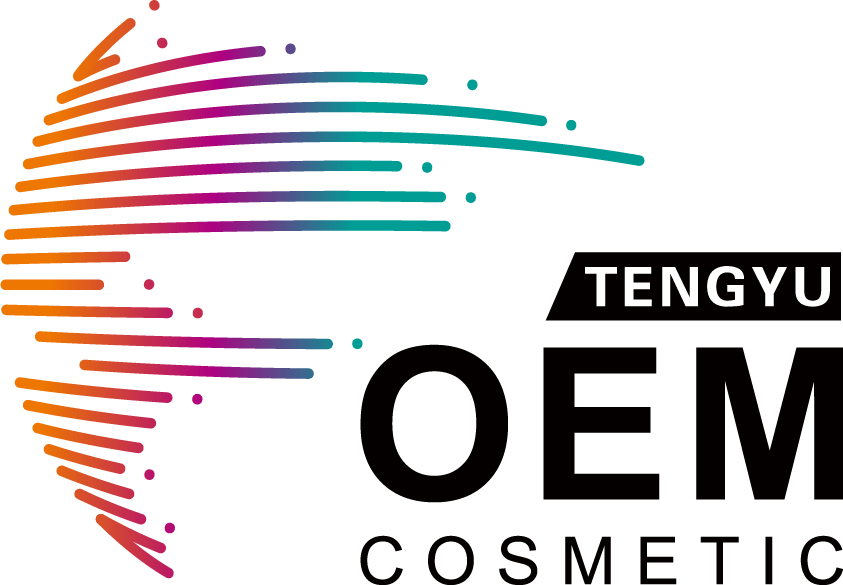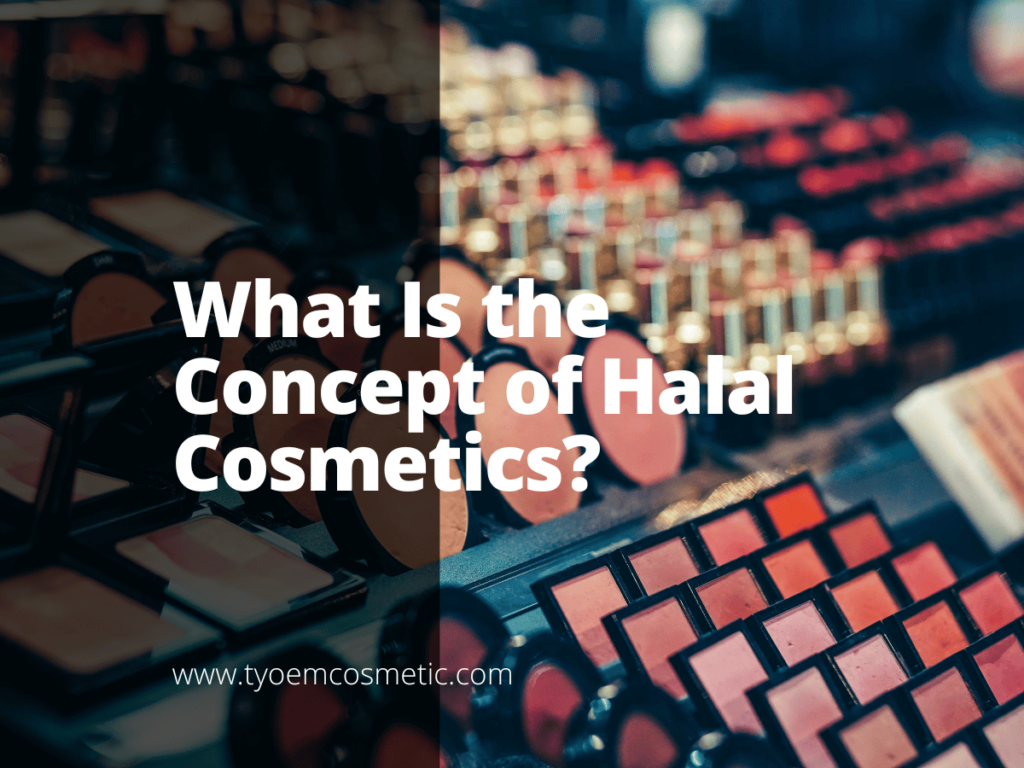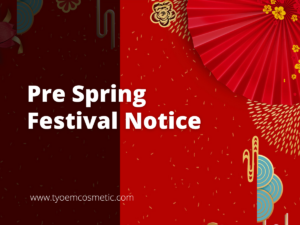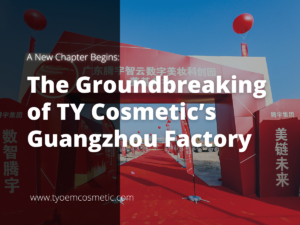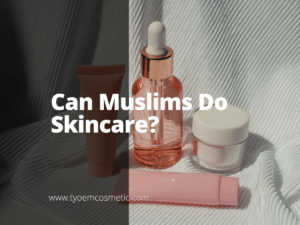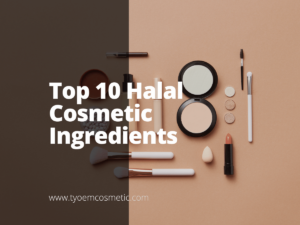What is the concept of halal cosmetics? Simply, it encompasses beauty products created in adherence to Islamic law, focusing on purity and ethical standards.
With extensive experience in cosmetic formulation and a deep understanding of Halal certification processes, I offer a perspective on why these products are gaining popularity beyond just the Muslim community.
In this guide, whether you’re a start-up or an established business looking to expand your product line, you’ll discover the principles behind Halal cosmetics and how these products can align with your business needs.
Read on for an enlightening reading!
1. Understanding Halal Certification For Cosmetics
Halal certification for cosmetics is a process that verifies products meet Islamic legal standards. This means the ingredients and manufacturing methods used are permissible under Islamic law. So what’s my point? The certification is an assurance to consumers that the products they are using are free from any components deemed haram, or forbidden, such as alcohol.
The significance of this certification goes beyond religious adherence. It appeals to people seeking ethical and clean beauty products. By obtaining Halal certification from the Majelis Ulama Indonesia, companies are committed to transparency and respect for consumer values. This process helps build trust with a growing demographic that values purity and ethical considerations in their beauty routines.
2. Benefits of Halal Certified Products
Following our understanding of Halal certification for cosmetics, it’s clear that this verification brings significant advantages in terms of ethical and quality assurances. Below are the benefits that these products offer:
Consumer Trust
Products that are halal certified meet strict ethical and quality standards, which can significantly boost consumer confidence. This certification reassures consumers about the purity and origin of the products, aligning with their dietary restrictions. As trust grows, consumer loyalty to a brand can also increase. This leads to repeat purchases and a strong, loyal customer base.
Higher Product Quality
Halal certification requires strict handling and processing standards that can lead to higher product quality. These standards certify that products are free from contamination by substances that are not permissible under Islamic law. The attention to detail often required for halal certification can also enhance the overall quality and safety of the products.
Market Expansion
Halal certification opens doors to global markets, particularly in regions with large Muslim populations. Sounds good? It signifies compliance with Islamic law, making the products appealing to Muslim consumers worldwide. This certification acts as a passport for brands seeking to enter and expand in these lucrative markets, offering a competitive edge.

3. Criteria for Cosmetics To Be Certified Halal
Building on the advantages of Halal certified products, it becomes essential to understand the criteria cosmetics must meet to achieve this esteemed certification. Here are the standards that products must adhere to:
Ingredient Purity
All ingredients used in cosmetics must be pure and free from any Haram (forbidden) substances according to Islamic law, a standard strictly kept by TY Cosmetic. Some examples of these substances include alcohol, blood, or any derivatives from prohibited animals. The purity of ingredients guarantees that the products are permissible for Muslims to use, aligning with their ethical and religious beliefs.
Ethical Manufacturing
The manufacturing process of Halal cosmetics must not only be clean but also ethical. As if that’s not enough, this means ensuring that the production facilities do not engage in or support unethical practices, including the unfair treatment of workers or cruelty to animals. The emphasis on ethical manufacturing highlights the holistic approach to Halal certification, which values human and animal rights.
Cross-Contamination Prevention
To be Halal certified, cosmetics must be produced in an environment that prevents cross-contamination with Haram substances. This criterion necessitates strict quality control measures and dedicated production lines for Halal products. Preventing cross-contamination upholds the integrity of Halal cosmetics, ensuring they remain pure from production to packaging.
Transparent Labeling
Transparency in labeling is a crucial criterion for Halal cosmetics. Here’s the bottom line, products must clearly list all ingredients, providing consumers with the necessary information to make informed choices. This transparency extends to the disclosure of any animal-derived ingredients, ensuring they comply with Halal standards and allowing consumers to verify the product’s Halal status.
4. Halal Certification Process for Cosmetics
Understanding the criteria for cosmetics to achieve Halal certification sets the stage for negotiating the certification process itself. Here are the essential phases every cosmetic brand must go through:
Step#1 Choose Certification Body
The first step is selecting a Halal certification body recognized and respected within the industry, much like TY Cosmetic has successfully done. Companies must research to find an organization that aligns with their values and has a strong certification process. This body will guide them through the certification requirements, ensuring that the products meet all necessary Halal standards.
Step#2 Documentation Submission
After choosing a certification body, the next step involves submitting detailed documentation. This includes information about the product ingredients, sources, manufacturing processes, and facilities. Likewise, the documentation must provide a comprehensive overview of the certification body, proving that the products and processes adhere to Halal standards.
Step#3 Facility Inspection
A critical part of the certification process is the on-site inspection of the manufacturing facilities. Inspectors from the certification body will examine the production lines, storage areas, and overall environment to certify they are free from cross-contamination risks. This step verifies that the facility operates according to the strict standards required for Halal certification.
Step#4 Product Evaluation
Following the facility inspection, a thorough evaluation of the cosmetic products themselves takes place. This phase assesses the purity and compliance of the ingredients, as well as the ethical aspects of the manufacturing process. The evaluation guarantees that the final products are fully compliant with Halal principles and free from any prohibited substances.
Step#5 Certification Issuance
Once a product successfully passes the facility check and product evaluation, it all boils down to this, the certification body will issue a Halal certificate. This certificate serves as formal recognition that the cosmetic products meet all requirements of Halal compliance. It typically has a validity period, after which the company must undergo a renewal process to maintain its Halal certification status.
Here’s a table summarizing the key steps and importance of the Halal certification issuance for cosmetic products:
| Step/Feature | Description | Benefit |
| Facility Check | Inspection of the manufacturing facility to ensure all processes and handling meet Halal standards. | Confirms that the production environment adheres to Halal requirements. |
| Product Evaluation | Detailed analysis of ingredients and manufacturing processes for each product. | Verifies that products are free from non-Halal substances and methods. |
| Certification Issuance | Issuance of a Halal certificate upon successful completion of checks and evaluations. | Provides a credible endorsement of the product’s Halal compliance. |
| Certificate Validity | Halal certificates are typically valid for a specified period, requiring renewal. | Ensures ongoing adherence to Halal standards through regular review. |
| Renewal Process | Periodic renewal of certification to maintain the Halal status of the products and facilities. | Maintains consumer confidence in the Halal integrity of the products. |
5. Challenges and Solutions in the Halal Certification Process
After understanding the step-by-step process of obtaining Halal certification for cosmetics, it’s essential to recognize the challenges that may arise and the solutions to overcome them. Below are the most common ones:
Ingredient Compliance
The search for ingredients that meet Halal standards can be a major barrier, especially for cosmetics with complex formulations. Many common cosmetic ingredients have animal origins or involve alcohol, both of which are not permitted in Halal products. The challenge intensifies with the need to maintain product efficacy and stability without these ingredients.
- Solution: Work closely with suppliers to secure transparency and compliance. Companies can seek alternative ingredients that meet Halal standards without compromising product quality.
Facility Check
For companies that produce both Halal and non-Halal items, ensuring facilities comply with Halal standards poses a significant challenge. And on top of that, cross-contamination between Halal and non-Halal production lines must be carefully avoided. The investment in infrastructure to segregate production lines or in technology to sterilize equipment can be substantial.
- Solution: Implement segregated production lines or dedicate certain facilities solely to Halal production. This minimizes cross-contamination risks and simplifies compliance efforts.
Documentation Depth
The extensive documentation required for Halal certification can be challenging. Some examples are detailed records of ingredient sourcing, product formulation, and manufacturing processes. The main issue is that smaller businesses may find the administrative burden challenging, as it requires significant time and resources.
- Solution: Employ a dedicated team or seek external consultants to manage the documentation process. Breaking down the task into smaller sections can make it more manageable.
6. 4 Tips for Getting Halal Certified
Dealing through challenges and finding solutions leads to a smoother certification process. Achieving Halal certification for your cosmetics line requires strategic planning and execution. Here are tips to guide:
#1 Select Certifier
Carefully choose a Halal certification body recognized in your target markets. Different regions may have preferences or mandates for specific certifiers, so selecting an appropriate and widely recognized certifier can facilitate market entry and acceptance. Always remember to consider the certifier’s reputation, as this can affect your brand’s perception among consumers.
#2 Document Processes
Document all aspects of your production process in detail. This includes sourcing of ingredients, manufacturing procedures, and handling of products. Comprehensive documentation demonstrates transparency and helps the certifier assess compliance efficiently. It also prepares your team for maintaining Halal standards consistently, ensuring ongoing certification.
#3 Train Staff
Invest in training your staff about Halal practices and the importance of maintaining these standards. It is reported that 94% of employees would love to stay at the company where they learn and grow, according to Thirst. This highlights that employees should understand the critical points where contamination could occur and the procedures to prevent it for the success of your business.
#4 Regular Halal Audits
Schedule regular internal Halal compliance audits. In like manner, these audits should be designed to mirror those conducted by certification bodies, examining everything from ingredient sourcing to the final packaging process. Regular audits help identify potential issues before they become significant, ensuring that your products remain in compliance and reducing the risk of certification withdrawal.
Dive Deeper Into Our Resources
For some insightful reads, we’ve curated a list of recommended articles just for you:
Still haven’t found what you’re looking for? Don’t hesitate to contact us. We’re available around the clock to assist you.
Conclusion
The concept of Halal cosmetics focuses on ethical production and compliance with Islamic standards. TY Cosmetic’s products are crafted to meet strict Halal standards, ensuring purity and integrity from production to packaging. We guarantee that every item, from skincare to cosmetics, is aligned with both health-conscious and ethically-minded consumers.
This detailed look into Halal cosmetics is invaluable for business owners looking to understand and tap into this profitable market. By offering Halal-certified products, brands can build trust and loyalty among a growing demographic. For more information on how we can help your business succeed in the Halal market, please contact us directly.
